Ambedkar Jayanti is an annual holiday in India that commemorates the birth anniversary of Dr. Bhimrao Ambedkar, was born on April 14, 1891. He was a social reformer, jurist and the one of the member who architected the Indian Constitution. He was also a leading figure in the Dalit Buddhist movement and worked tirelessly for the rights of the Dalits (formerly known as untouchables) and other marginalized communities in India. In this Blog we will let you know about the Dr. Bhimrao Ambedkar and why people celebrate Ambedkar Jayanti.
About Bhim Rao Ambedkar
On Ambedkar Jayanti, people across India pay tribute to Dr. Ambedkar by organizing various events, such as processions, seminars, and cultural programs. Government officials and politicians lay wreaths at his statue and give speeches to honor his contributions to Indian society. The day is also marked by various social welfare activities and community service projects. Many people visit his memorial in Mumbai to pay their respects and offer floral tributes. Ambedkar’s birthday is an important day in India's cultural and political calendar and is a reminder of the ongoing struggle for social justice and equality in the country.
Why do people celebrate Ambedkar Jayanti?
People celebrate Dr. Bhimrao Ambedkar's birthday as a tribute to his contributions to Indian society, particularly his work for the upliftment and empowerment of the Dalits and other marginalized communities. Ambedkar was a social reformer who worked tirelessly throughout his life to fight against caste-based discrimination and inequality. He was also a jurist and the one of the people who architected the Indian Constitution, which is considered one of the most progressive and inclusive constitutions in the world.
By celebrating his birthday, people honor his life and legacy and recognize the importance of his work in creating a more just and equitable society. It is also a way to inspire future generations to continue his work and uphold the values of social justice, equality, and human rights.
Ambedkar's life
B.R. Ambedkar was a social reformer, economist, jurist, and politician who is widely regarded as the father of the Indian Constitution. He was born on April 14, 1891, in Mhow, a small town in Madhya Pradesh, India. He belonged to the Mahar caste, which was considered as untouchable and faced severe discrimination in India at that time. Despite facing immense challenges and discrimination, Ambedkar received a scholarship to study at Columbia University and London School of Economics, where he earned a Ph.D. in economics. He also studied law at Gray's Inn in London and was called to the Bar in 1922.
Upon his return to India, Ambedkar started working as a social reformer and fought for the rights of the untouchables. He established the Bahishkrit Hitakarini Sabha in 1924 to work for the social upliftment of the oppressed classes. He also founded several journals, including Mooknayak, Bahishkrit Bharat, and Janata, to spread awareness about the plight of the untouchables. Ambedkar played a significant role in the Indian independence movement and was a member of the Constituent Assembly of India, which was tasked with drafting the Indian Constitution. He was appointed as the Chairman of the Drafting Committee, and his vision and efforts played a crucial role in the making of the Indian Constitution.
Ambedkar was also the first Law Minister of independent India and introduced several important laws, including the Hindu Code Bill, which aimed at reforming Hindu personal laws and was a major step towards gender equality. Ambedkar passed away on December 6, 1956, at the age of 65. His contributions to Indian society have been significant, and he continues to be an inspiration for millions of people in India and around the world.
Was he a political leader?
B.R. Ambedkar was a political leader because he believed that political power was necessary to achieve social reform and bring about equality for the oppressed castes in India. He recognized that the oppressive caste system in India was a deeply entrenched social issue that could not be eradicated without political power. Ambedkar believed that the untouchables needed to have a voice in the political system and that their rights and interests needed to be represented in the Indian government. He worked tirelessly to organize and mobilize the untouchables to fight for their rights and was a vocal critic of the caste system.
Ambedkar's political career began in the 1930s when he became involved in the Indian National Congress. He later formed the Independent Labour Party in 1936 to represent the untouchables and other marginalized groups. In 1947, he was appointed to the Constituent Assembly of India, which was tasked with drafting the Indian Constitution. As the Chairman of the Drafting Committee, Ambedkar played a crucial role in shaping the Indian Constitution and ensuring that it provided protections and rights for all citizens, including the untouchables. He went on to serve as the first Law Minister of independent India, where he introduced several important laws aimed at promoting social reform and equality.
Also Read: Indian Independence Day
Throughout his political career, Ambedkar remained committed to fighting for the rights of the oppressed and marginalized communities in India. His leadership and advocacy for social justice continue to inspire people around the world today.
Did Ambedkar face any opposition?
Despite several oppositions, Ambedkar remained committed to his vision of a more just and equal society. He continued to fight for the rights of the oppressed and marginalized communities in India, and his leadership and advocacy continue to inspire people around the world today. Hence his birthday is celebrated round he globe as Ambedkar Jayanti.
One of the most notable instances of opposition that B.R. Ambedkar faced was during the famous Mahad Satyagraha of 1927. Ambedkar led a group of untouchables to the Chavdar Tank, a public water tank in Mahad, Maharashtra, which was traditionally prohibited for them to use. The protest was met with violent opposition from upper-caste Hindus, who physically attacked the protesters and prevented them from accessing the water tank. The situation escalated into a full-blown riot, and Ambedkar and his supporters were forced to flee the scene.
Similarly, Ambedkar's efforts to reform the Hindu personal laws were met with significant opposition from conservative Hindu groups. His proposed Hindu Code Bill, which aimed to provide greater rights and protections for women and other marginalized groups within the Hindu community, faced significant opposition from conservative members of the Indian parliament.
Why is Ambedkar famous for?
B.R. Ambedkar is famous for several reasons. He was a social reformer, economist, jurist, and political leader who played a pivotal role in the social, political, and economic transformation of India. Here are some of the reasons why he is famous:
Father of the Indian Constitution: Ambedkar was the Chairman of the Drafting Committee of the Constituent Assembly of India, which was tasked with drafting the Indian Constitution. He played a crucial role in shaping the Indian Constitution and is widely regarded as the Father of the Indian Constitution.
Champion of social justice: Ambedkar was a vocal critic of the caste system in India and dedicated his life to fighting for the rights of the untouchables and other marginalized communities. He worked tirelessly to promote social reform and equality, and his efforts continue to inspire people around the world today.
Advocate for women's rights: Ambedkar was a strong advocate for women's rights and played a crucial role in introducing several important laws aimed at promoting gender equality. He introduced the Hindu Code Bill, which aimed to reform Hindu personal laws and provide greater rights and protections for women.
First Law Minister of independent India: Ambedkar served as the first Law Minister of independent India and introduced several important laws, including the Hindu Code Bill, the Indian Evidence Act, and the Indian Constitution. His contributions to the legal system of India have been significant and continue to shape the country's legal framework.
Symbol of hope and inspiration: Ambedkar's life and legacy continue to inspire people around the world today. He overcame significant obstacles and discrimination to become one of the most respected leaders in Indian history. His commitment to social justice and equality serves as a beacon of hope for people struggling against oppression and discrimination.
Why Ambedkar Jayanti is observed
Ambedkar Jayanti is celebrated in India every year on April 14th to commemorate the birth anniversary of B.R. Ambedkar. It is a day to honor and pay tribute to Ambedkar's contributions to the social, political, and economic transformation of India.
It is an important occasion for people in India, especially for those who belong to the Dalit community. It is celebrated with great enthusiasm and includes various cultural events, processions, and seminars. People also visit Ambedkar's memorial sites and offer floral tributes to his statues.
The celebration of Ambedkar Jayanti reflects the widespread respect and admiration for B.R. Ambedkar's work and legacy in India. It is a reminder of his dedication to social justice and equality, and his contributions to the legal and political systems of India. The day serves as a call to action for people to continue working towards Ambedkar's vision of a more just and equal society.















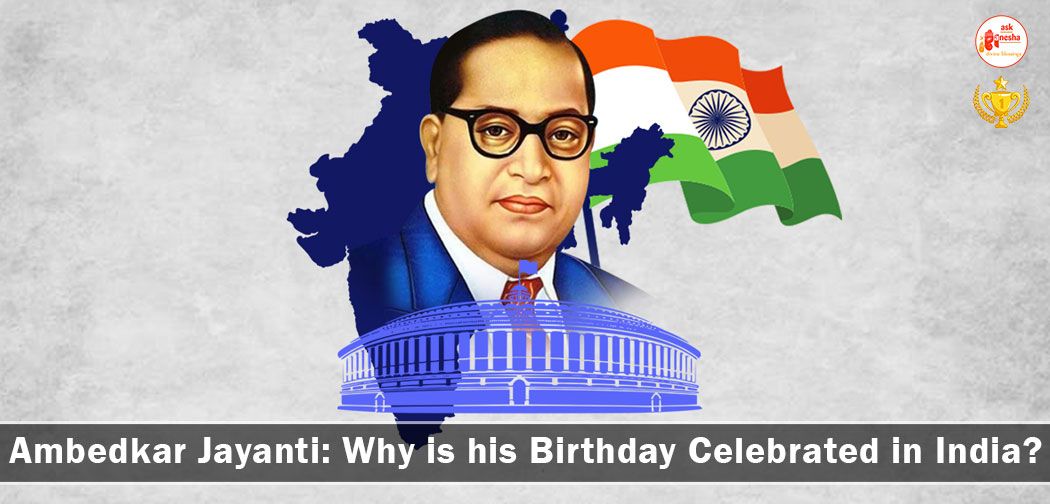
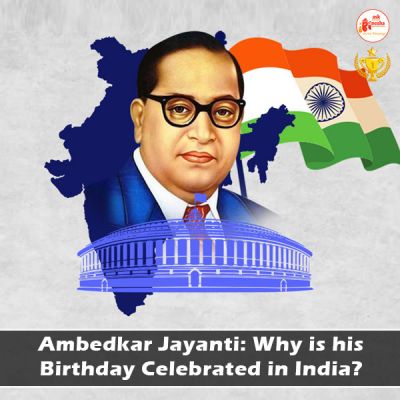
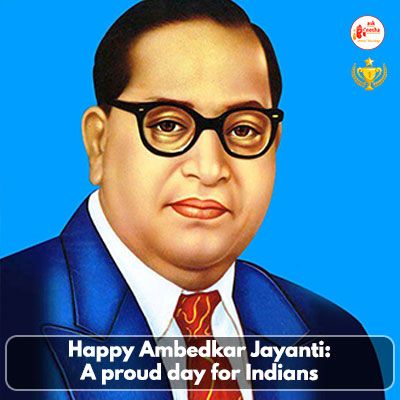
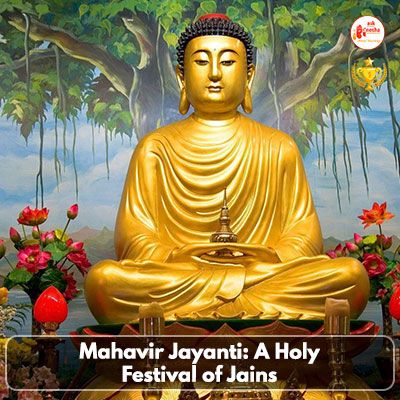
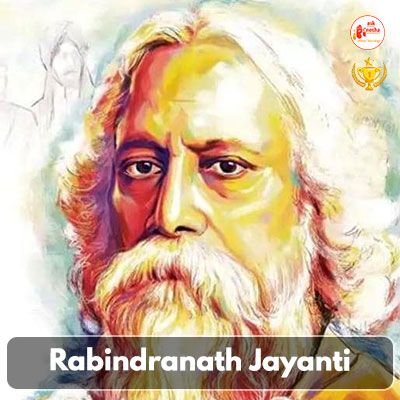


 Translate
Translate